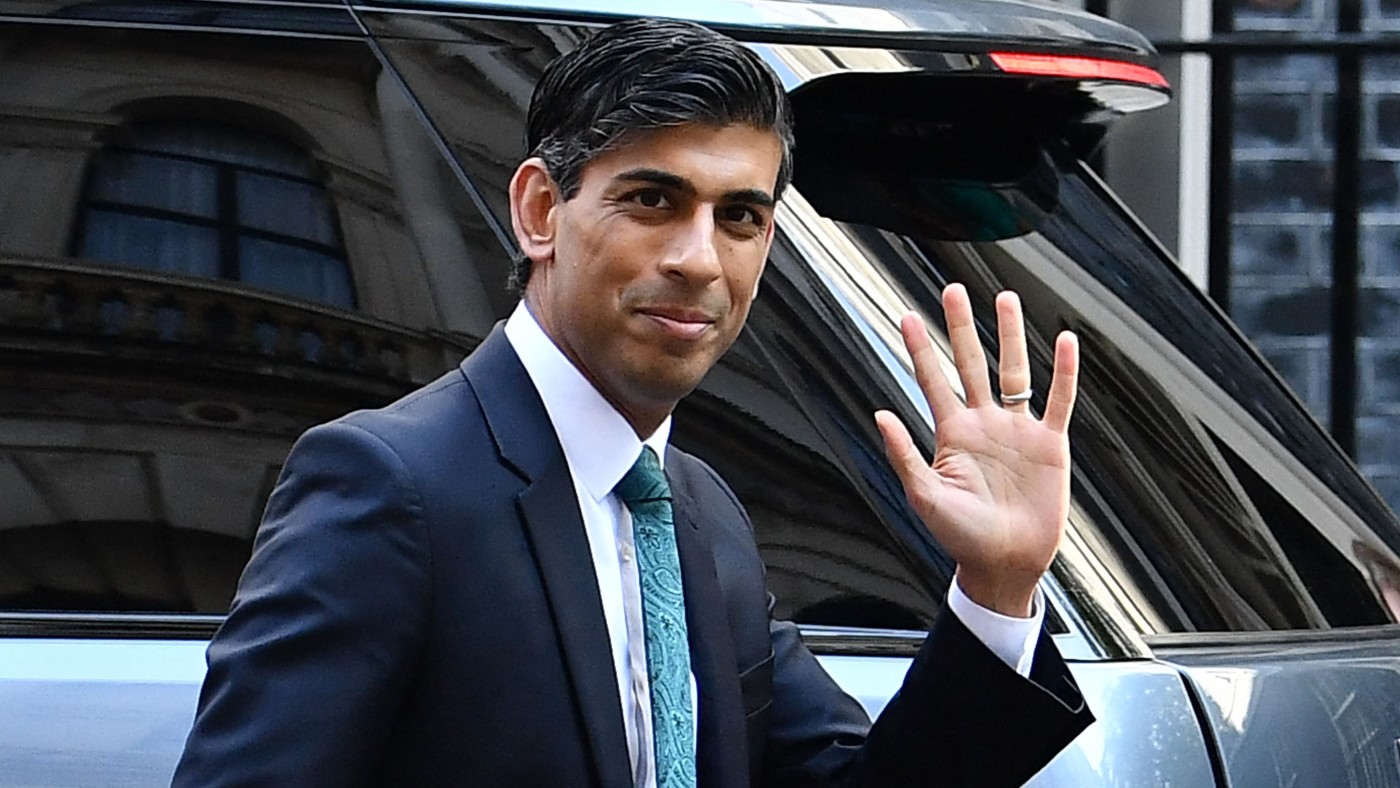The Future Fund: what the experts think
Back to the future, eclectica and an awkward case study

A free daily email with the biggest news stories of the day – and the best features from TheWeek.com
You are now subscribed
Your newsletter sign-up was successful
Back to the future
The idea of government trying to “back winners” fell out of favour in the Thatcher era, said John Harrington on ProactiveInvestors.co.uk. But, along with Keynesian economics, it’s back with a vengeance. This week, the Treasury revealed some of the fruits of the Future Fund scheme – which provided £1.1bn of convertible loans to 1,190 start-ups to help them through the pandemic – listing 158 companies “that have had their loans converted into equity stakes”.
The hope is that these fledgling companies will grow into sound investments, enabling the taxpayer to make a return “later down the line”. If nothing else, it makes a change from the “usual” practice of “bailing out systemically important loss-making companies that have spectacularly failed”.
The Week
Escape your echo chamber. Get the facts behind the news, plus analysis from multiple perspectives.

Sign up for The Week's Free Newsletters
From our morning news briefing to a weekly Good News Newsletter, get the best of The Week delivered directly to your inbox.
From our morning news briefing to a weekly Good News Newsletter, get the best of The Week delivered directly to your inbox.
Eclectica
The list is certainly eclectic, said Kalyeena Makortoff in The Guardian: ranging from Vaccitech, a co-inventor of the AstraZeneca Covid vaccine, to the windfarm company Ripple Energy, to an array of soft drink brands (including the kombucha-maker Better Tasting Drinks). There is also “a bespoke shipbuilder”, a “knitting and crochet supplier”, a ski-wear maker and several events-related businesses, including Secret Cinema and the gig ticketing app Dice FM. Critics may wonder, however, whether all these companies meet Chancellor Rishi Sunak’s stated mission to “transform UK industry, develop new medicines and strengthen our position as a science superpower”.
Awkward case study
Some venture capitalists have complained that the Future Fund scheme “risks misdirecting much-needed capital to the wrong part of the economy”, said CNBC. Others note that what is effectively “one of Europe’s largest venture capital funds” is largely opaque, said James Hurley in The Times. Although the Government has now published the names of the 158 companies it has formally backed, the taxpayer is none the wiser about many of the details. Sunak has acknowledged the potential for embarrassment, and there’s already at least one “awkward case study”. The education start-up Mrs Wordsmith failed less than six months after receiving £650,000 of state cash. One of Mrs Wordsmith’s minor shareholders was Catamaran Ventures UK, “the investment company controlled by Sunak’s wife, Akshata Murthy”.
A free daily email with the biggest news stories of the day – and the best features from TheWeek.com
-
 How the FCC’s ‘equal time’ rule works
How the FCC’s ‘equal time’ rule worksIn the Spotlight The law is at the heart of the Colbert-CBS conflict
-
 What is the endgame in the DHS shutdown?
What is the endgame in the DHS shutdown?Today’s Big Question Democrats want to rein in ICE’s immigration crackdown
-
 ‘Poor time management isn’t just an inconvenience’
‘Poor time management isn’t just an inconvenience’Instant Opinion Opinion, comment and editorials of the day
-
 Currencies: Why Trump wants a weak dollar
Currencies: Why Trump wants a weak dollarFeature The dollar has fallen 12% since Trump took office
-
 Elon Musk’s starry mega-merger
Elon Musk’s starry mega-mergerTalking Point SpaceX founder is promising investors a rocket trip to the future – and a sprawling conglomerate to boot
-
 TikTok: New owners, same risks
TikTok: New owners, same risksFeature What are Larry Ellison’s plans for TikTok US?
-
 Will SpaceX, OpenAI and Anthropic make 2026 the year of mega tech listings?
Will SpaceX, OpenAI and Anthropic make 2026 the year of mega tech listings?In Depth SpaceX float may come as soon as this year, and would be the largest IPO in history
-
 Leadership: A conspicuous silence from CEOs
Leadership: A conspicuous silence from CEOsFeature CEOs were more vocal during Trump’s first term
-
 Ryanair/SpaceX: could Musk really buy the airline?
Ryanair/SpaceX: could Musk really buy the airline?Talking Point Irish budget carrier has become embroiled in unlikely feud with the world’s wealthiest man
-
 Powell: The Fed’s last hope?
Powell: The Fed’s last hope?Feature Federal Reserve Chairman Jerome Powell fights back against President Trump's claims
-
 Taxes: It’s California vs. the billionaires
Taxes: It’s California vs. the billionairesFeature Larry Page and Peter Thiel may take their wealth elsewhere